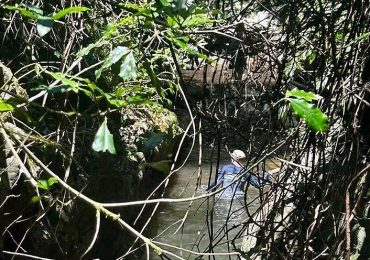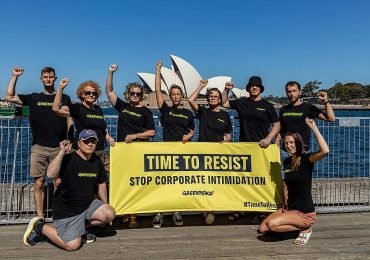In this blog post, we hear from Associate Editor Alison Brody, Emeritus Professor of Biology at the University of Vermont.
Walking along a trail at the Rocky Mountain Biological Laboratory in Gothic, Colorado, USA, a foul, rotten smell caught my attention. I looked around to find the source and noticed a large plant – Heracleum maximum (Apiacea) also called “Cow Parsnip” – covered in flies which looked to be consuming pollen. An animal biologist by training, it did not occur to me that the flies could be pollinators. Instead, I wondered about the evolutionary trade-offs for plants in producing cues to attract pollinators that could also be used by antagonists such as pollen thieves, pre-dispersal seed predators, florivores, and nectar robbers. Thus, launched the myriad questions that I have pursued for the past nearly four decades!
For my PhD, conducted at the University of California, Davis, I examined cues used in locating and choosing oviposition sites by a pre-dispersal seed predator, Delia sp. (Anthomyiidae) and the consequences of pollination and pre-dispersal seed predation for the flies’ host plants, Polemonium foliosissimum or “Sticky polemonium”) and Ipomopsis aggregata or Scarlet gilia (both members of the Polemoniacea). My initial work opened more avenues and raised more questions than it answered. I see scientific inquiry as a box with ever-expanding sides, or as a network of interrelated topics with ever-increasing links. That’s what keeps it so exciting! The answer to one question always raises several others.
Since then, I have addressed a variety of questions with a central theme – how do the interactions of multiple species with their plant hosts affect the ecology and evolution of floral traits? It all began with a natural history observation, and a deep dive into the literature to discover what was known and what was yet to be discovered.
I got hooked on being a field biologist when I first came to the RMBL in 1981. Despite the long field days and being tortured by biting flies, the magnificence of working in the Rocky Mountains and the intrigue of asking and trying to answer new questions, ever leading to a deeper understanding of nature, has always kept me excited and wanting more.
Advancing the field of ecology
I think that our ecological understanding and advances begin with curiosity. In my view, the most pertinent and exciting studies are those that take trans-disciplinary approaches, and combine a variety of species, systems, and/or disciplines to answer compelling questions. Gone are the days of asking simple, two-species questions such as how does a single predator affect the population dynamics of a single species of prey? All organisms are embedded in a complex web of interactions with many others and in a rapidly changing environment. Thus, although we must simplify to what is tractable, and conduct manipulative experiments to reveal underlying mechanisms, we must also embrace multi-pronged approaches to reveal drivers of patterns in nature.
How do you find being an Associate Editor for Functional Ecology?
I was delighted to join the Editorial board of Functional Ecology now over a decade ago. In my view, the articles published in Functional Ecology deliver the ideal mix of answering important questions within a mechanistic perspective or framework. Being an editor has significantly enhanced my awareness of the importance of developing a story and not just blandly reporting results. The most interesting articles lead the reader from what is known to what remains a mystery, and why we should care. A clear storyline is key to good writing and to writing a manuscript that reviewers and, ultimately, the scientific community will read.
The biggest challenge in being an Editor is in finding people willing to review manuscripts. Our community writ-large, and the entire scientific publishing endeavor, depends on us all being willing, careful, and thoughtful reviewers, expecting the same in return.
Challenges and Advice
My advice to early-career scientists is to have your papers read by several colleagues before submitting them, and to be sure that Functional Ecology (or whatever journal(s) you choose to submit manuscripts to) is the most appropriate outlet for your work.
I’m particularly dismayed over the current funding crisis for science in the United States and the recent US administration moves away from enhancing diversity, equity, and inclusion in education in general and in STEM in particular. As researchers, we must find ways to make our work compelling to scientists and non-scientists alike and actively engage people in ways that enhance their desires to understand nature.
Leave a comment




